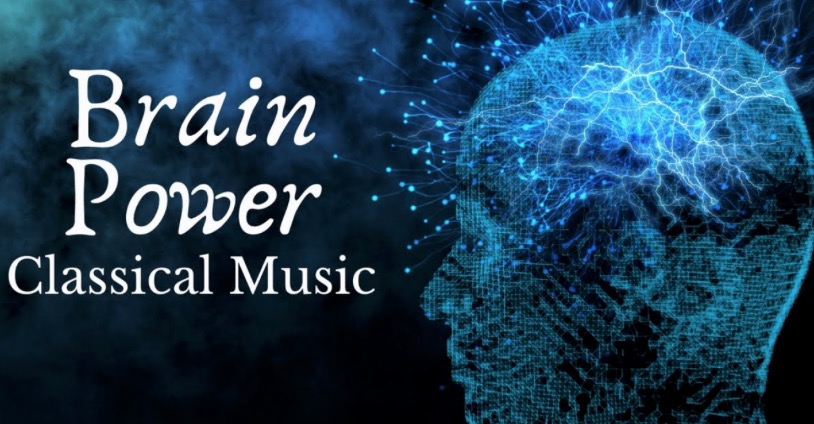
Should I let my Child with ADHD Listen to Music when Studying?
If your son or daughter has been diagnosed with Attention Deficit Hyper-Activity Disorder, or ADHD, then you know just how it can be getting your child to focus on things such as studying and homework. In fact, it is these “boring”, time-consuming activities which require hard concentration that students with ADHD tend to face the most difficulty doing. Recently, there has been an increasing debate as to whether or not children should study with music playing in the background, especially for those diagnosed with ADHD. Overall, music has been shown to be beneficial for studying, but let’s take a closer look.
Listening to music has been shown to greatly benefit many aspects of brain function through strengthening parts of the brain, such as the visual/spatial, motor, and auditory cortices of the cerebral cortex. Like working out your muscles, strengthening these areas can improve skills in speech, reading comprehension, problem-solving, and focus. Additionally, Bulgarian psychiatrist Georgi Lozanov has shown in studies that listening to classical music can legitimately change the electromagnetic frequency of brainwaves. Through shifting brainwaves to roughly 7.5 cycles/second, the brain shifts gears to “Alpha Mode”, which essentially allows for acute focus and concentration. For children with ADHD, this is tremendous, as they tend to lag behind in these areas.
Yet, there’s a catch. So far, only music without lyrics have been shown to fully demonstrate these effects. Particularly, the classical genre seems to be the best fit. Music from artists such as Mozart, Vivaldi and Bach tend to have the strongest effect; meaning that if you want your child to study better, it is best to trade in Today’s Best Hits for those from the mid 18th century. However, if your child is vehemently opposed to that “boring old music”, studies have also shown that some electronic and techno music can have a positive impact if used correctly. When selecting study music, the most important part is that it does not contain lyrics, as these are a surefire way to cause distraction.
While it may seem counter-intuitive to have your ADHD diagnosed child play music in the background, the research says otherwise. Listening to low-volume, classical or electronic music with limited lyrics while studying can have strong benefits for all children, especially for those with ADHD. In fact, a study released by the National Association for Music Education found that students who both play instruments and those who listen to classical music during studying score higher on the SATs and tend to have better grade point averages.
Listening to music is beneficial as long as it does not become the focus of attention. When music is playing in the background, it can help with focus, but when music becomes the focus of attention, it becomes a distractor. It is important to know the difference between these two scenarios. Our staff at Pathways can help guide you to developing a productive homework routine with utilize what we call “fidgets” (stimuli that remain in the background and help with focus) and limit “distractors” (stimuli that disrupt and pull attention from a task).
Dr. Gordon is an experienced ADHD expert. He is devoted to helping you learn more about ADHD and find solutions for each individual’s needs. Please feel free to contact us for any concerns or questions regarding ADHD about yourself, or a loved one.
The Pathways team of professionals has helped thousands of people with ADHD. We are Dedicated to effective and compassionate care for individuals with neurological challenges.
1.Habermeyer, Sharlene. “Music That Focuses the Brain” ADDitude Magazine
2. Haichang, Gao. “Can Baroque Music Help to Improve the Meomorability of Graphical Passwords?”
3. Newton, L Robert. “The Effect of Music on the Human Stress Response”
4. National Association for Music Education “Music Education and Academic Achievement”



